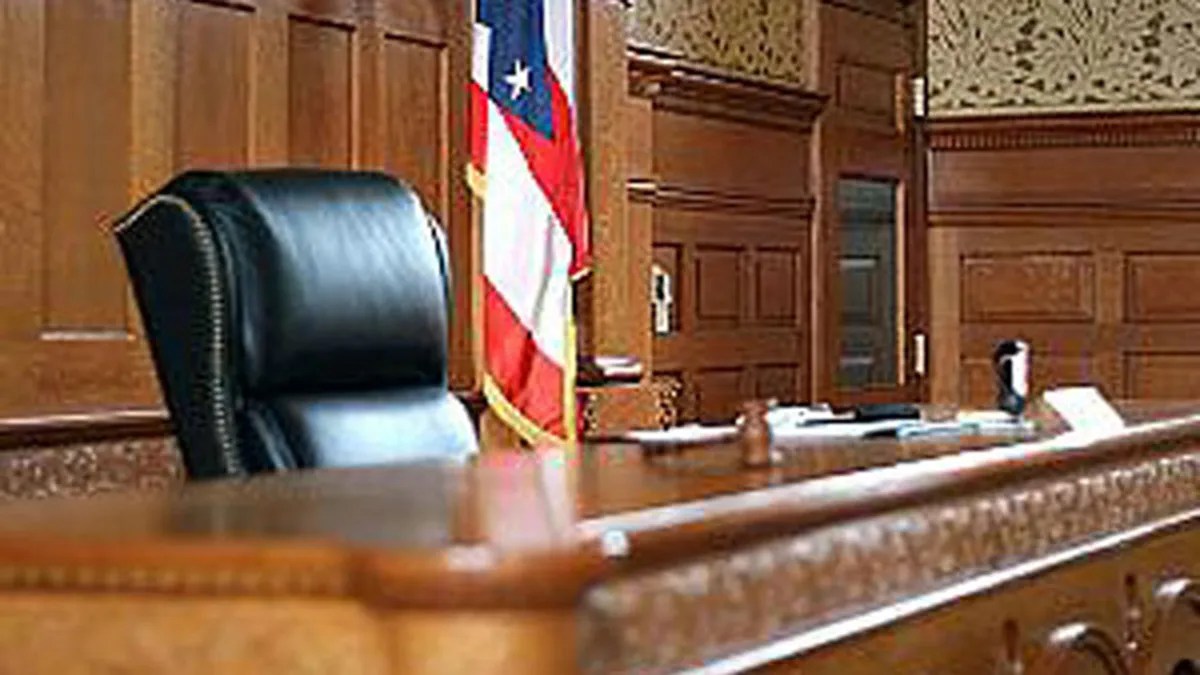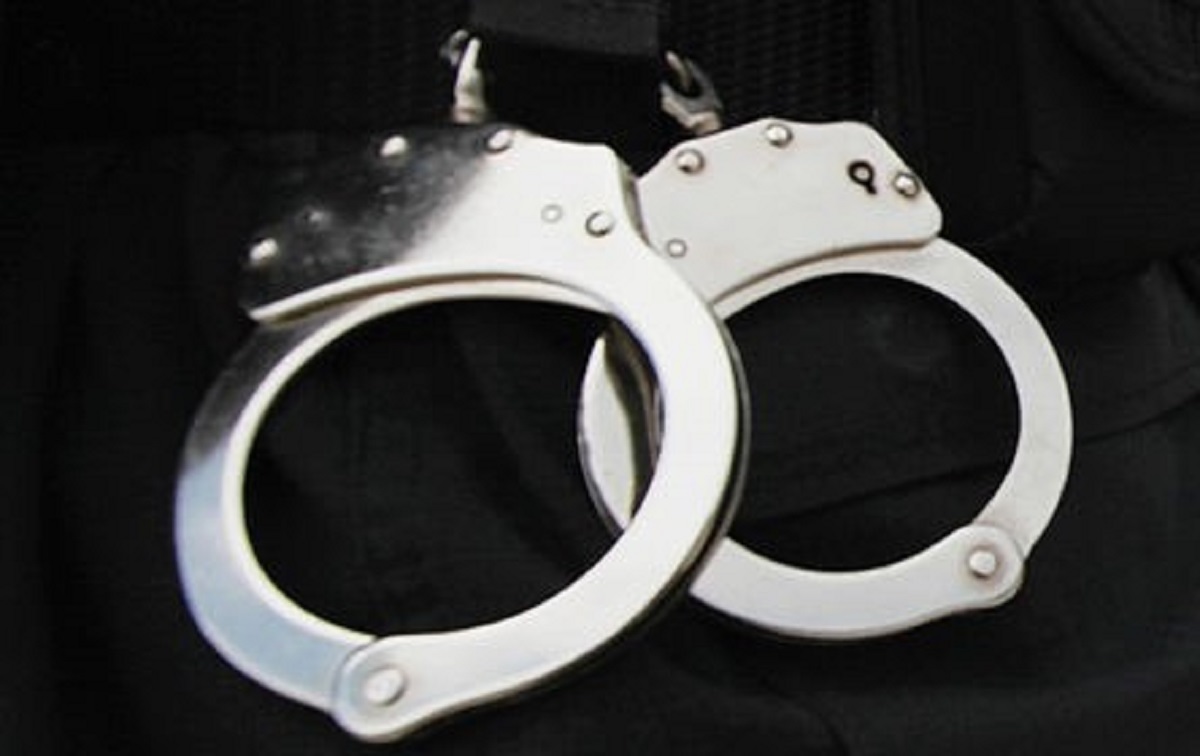It was probably the most significant moment in the struggle for freedom of the press in America.
And, in the best tradition of New York, it was dramatic too in a spectacular way.
John Peter Zenger was a half-literate immigrant from Germany who emigrated here. He went into the printing business, as an apprentice to William Bradford, publisher of New York’s first newspaper, the Gazette. Zenger didn’t agree with Bradford’s news standards so he quit and started his own newspaper, the New York Weekly Journal. Zenger was backed by a group of New Yorkers who represented what they called the people’s party -- bitter opponents of New York Governor William Cosby.
Zenger, a tough and feisty guy, published editorials highly critical of Cosby. Some of these diatribes were written by Zenger’s allies in the people’s party. Cosby and his people were angered by the criticisms. They moved to have Zenger prosecuted -- and he was soon arrested for seditious libel.
Confined to a cell in the attic of City Hall, Zenger managed to smuggle out more editorials to run in the Weekly Journal, dictating them to his wife through a hole in the prison door. For months Zenger languished in jail. Then, finally, on Aug. 4, 1735, the trial began, with Chief Justice Delancey presiding.
Zenger’s people sprang a surprise. A handsome, elderly man rose from his seat among the spectators. He was Andrew Hamilton, a distinguished Philadelphia lawyer. He announced he would speak in the cause of the defendant.
He immediately admitted that Zenger had published what the prosecution called "these libels." But Hamilton protested that it wasn’t merely printing the words that made it libelous. "The words themselves must be libelous -- that is false, scandalous and seditious -- or else my client is not guilty."
Local
The attorney general, supported by the chief justice, argued that the truth of a libel was no defense. "The law is clear," Chief Justice Delancey said, "you cannot justify a libel." Hamilton strongly disagreed saying it was not a crime to speak the truth.
As author Edward Ellis described it in The Epic of New York City --- Hamilton deliberately turned away from the judge and prosecutor and spoke directly to the jury: "The question before the court -- and you gentlemen of the jury -- is not of small or private concern. It is not the cause of a poor printer, nor of New York alone, which you are now trying. No! It may in its consequences affect every freeman that lives under British government on the main of America! It is the best cause. It is the cause of liberty!
"And I make no doubt that your upright conduct this day will not only entitle you to the love and esteem of your fellow citizens, but every man who prefers freedom to a life of slavery will bless and honor you as men who have baffled the attempt of tyranny … (and given us a right) the liberty -- in these parts of the world, at least -- by speaking and writing truth!"
The courtroom audience rose to its feet, cheering. The judge pounded for order in vain. After a few minutes the jury returned. The foreman announced the verdict: "Not guilty!" The next day, when Hamilton left on a barge for his home in Philadelphia, a cannon fired a last salute. And crowds cheered.
I spoke today to a distinguished New York lawyer of our generation, Brian O’Dwyer. He called the Zenger case "of great significance."
"It set the stage for an unbroken string of victories for freedom of the press going back to the beginning of this nation. In New York especially, there have been great achievements. Without the precedents set in our history, there might have been no exposure of the corruption of the Tweed Ring, nor other scandals; journalists might have been denied the tools to uncover wrongdoing."
John Peter Zenger is hardly remembered now by many New Yorkers. But this stubborn, courageous, fighting man set a precedent that lives on. When it came to press freedom, he wouldn’t give up.



